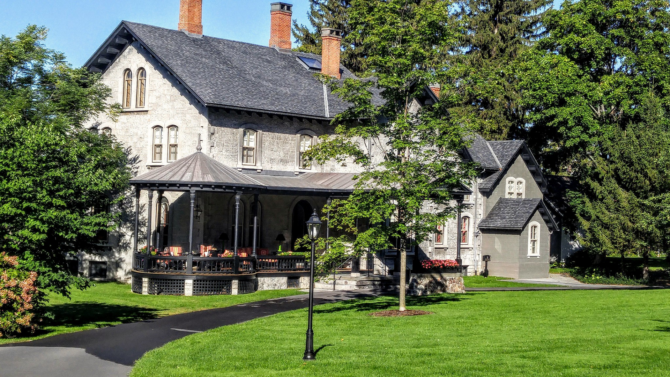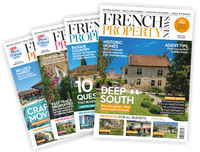Navigating French Real Estate: Insider Tips for Property Buyers

Buying a property is an exciting and significant milestone, but it can also be a daunting undertaking. With so many variables to consider, it’s crucial to approach the process with a well-informed mindset.
1. How should we own our French property?
There are several ways in which you can hold a property in France, including:
- ‘En indivision’: Most properties in France are owned en indivision, which is similar to owning a property as tenants in common in the UK. If your French property is owned en indivision, each party owns a distinct share of the property. Married couples usually own their property 50/50 but the shares can reflect each co- owner’s financial contribution.
- ‘Tontine’: Another way to own your French property is en tontine, which is similar in effect to owning a property as joint tenants in the UK. If your French property is owned en tontine, the first owner to die is considered to have never owned the property and the surviving owner is considered to have owned the whole property from the outset of the transaction. Owning your property en tontine can be advantageous from an estate planning perspective. However, it is not possible to take out a mortgage on a property which is purchased en tontine – this option is only really available to cash buyers.
- SCI: You may wish to own your French property via a Société Civile Immobilière (SCI), which is a French property management company. The property is owned by the company shareholders and the owners become, in effect, non- paying tenants.
This this can be an effective way of managing property if there are multiple owners and may provide tax advantages. However, it can be expensive to set up an SCI and there are ongoing reporting and accounting obligations.
Your cross-border solicitor will be able to advise on which ownership structure works the best for you and your family.
2. What are the additional costs when buying (and selling) a house in France?

(c) Image by Freepik
Besides the purchase price, it is important to budget for the following additional costs:
- Notaire’s fees: These are generally paid by the buyer and are actually a combination of taxes, expenses and the notaire’s fee. The amount due will depend on the value, location and type of the particular property.
- Estate agent fees: These can be paid by the seller, the buyer or split between both parties. Unlike the notaire’s fees, estate agents’ fees are not regulated in France so it is often possible to negotiate the rate.
- Searches: These are generally paid by the seller. The Dossier de Diagnostic Technique (DDT) searches include asbestos, lead in the paintwork, termites, gas, electricity, energy performance, dry rot (in some areas of France) and natural risks.
- Surveyor’s fees: The buyer may decide to instruct a surveyor to provide report on the condition of the property.
- Translations: If both the buyer and seller are not fluent French speakers, it may be a good idea to split this cost.
- Currency exchange: It is important to consider the costs of currency exchange and bank transfer fees. If you are considering taking out a long-term mortgage, it may be worth instructing a currency broker.
- Tax: Taxe foncière (ownership tax) is paid by the owner of the property and is usually split pro-rata between the buyer and the seller. Taxe d’habitation (residence tax) is paid by the occupant of the property on 1 January each year – the seller benefits from a December completion, whereas the buyer favours January. (Note that taxe d’habitation is currently being phased out on French main homes.)
If the property being sold is your second home, capital gains tax may be payable. Your cross-border solicitor will be able to advise on the Anglo/French double taxation convention, which if applied correctly helps to prevent or mitigate double taxation by allowing for some or all the tax paid in France to be offset against tax paid in the UK.
3. Will I need to travel to France to sign the property contracts?
If you can’t travel to France to sign the acte de vente (final property contract), you may be able to sign it via a procuration (power of attorney). This is a document prepared by the notaire which authorises another person to sign legal documents on your behalf.
You will need to sign the procuration in the presence of a witness. Your notaire may offer to witness your signature remotely via video. Alternatively, they may direct that you sign the procuration in the presence of a UK solicitor or notary public. A wet signature is normally required.
We would still strongly recommend that you visit the property before signing the acte de vente.
Bryony Anning is a solicitor on the International & Cross- Border Team at Stone King LLP.
Want more information about buying a home in France?
The unique mix of legal, financial and tax advice along with in-depth location guides, inspiring real life stories, the best properties on the market, entertaining regular pages and the latest property news and market reports makes French Property News magazine a must-buy publication for anyone serious about buying and owning a property in France.
Lead photo credit : (c) Greg Dunkel - Flickr
Share to: Facebook Twitter LinkedIn Email
More in buying property, expert advice



